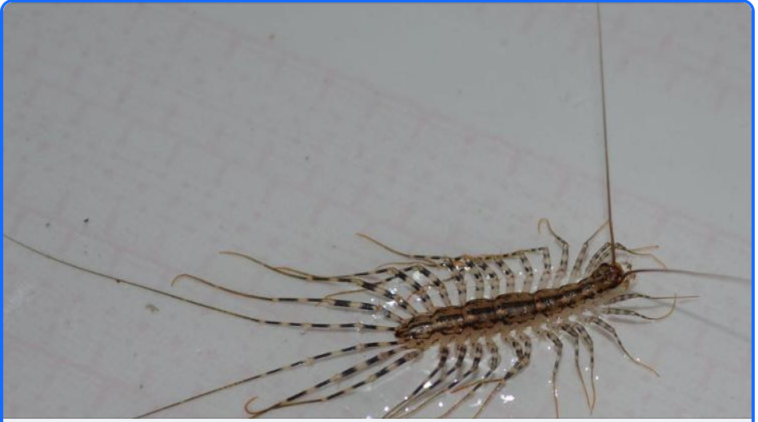When you see an insect in your home, how do you feel? With good reason, you probably just want to grab something and stomp on it right away. Some of them carry harmful chemicals and have the potential to sting you severely and even kill you.
The ones that make you feel the worst are the creeps; those tiny, terrifying creatures with so many legs usually make you want to kill them right away.
However, if you’ve read this, the next time you see those horrible centipedes lurking in your toilet, you might be hesitant to kill them.

It can be hard to resist the urge to crush centipedes when they are roaming around the house. Centipedes can really shock you. However, considering how helpful they were at home, you might want to show your appreciation by not killing them in the future.
It turns out that these wriggling, swift-moving organisms have kept other small insects out of your home. Centipedes play a special role, somewhat more limited than their other worm cousins, and have a body length of around 20 feet. They prevent cockroaches, spiders, silverfish, bugs, and ants from entering your home, serving as its invisible pest control. They devour almost any home-grown arthropod due to their fervent appetite.

Even though centipedes are good guys, you shouldn’t just open the doors and let a lot of them in. Instead, it simply means that the next time you find one or two around in your house, you should leave them as a token of appreciation. If small children or even adults find them disgusting and filthy, they can be confusing to find. However, rather than simply squishing them, either let them go on their own or take them outside to eat leaves.
Avoid squashing spiders. By not squashing every insect you encounter inside, you run the risk of allowing hundreds of tiny spiders into your home. That is definitely not something you want to see. In addition, centipedes aren’t all that bad in the end. They are just small, frail creatures who are unlikely to cause much more than a fright to you. Considering that they don’t spread germs like other bugs do, it also convinces you that they are really nice guys.
You shouldn’t be afraid of centipedes at all; they are almost indestructible. However, this is not applicable to the other pests. Without prompt medical attention, some insects spread a slew of terrible diseases that are extremely harmful and potentially fatal.
There are some dangerous insects that should never be found inside.
After being bitten, bullet ants, as the name suggests, make you feel like you’ve been shot. You should try to avoid being bitten for this reason. They frequently appear in the jungles of Nicaragua and Paraguay, where they are one of the largest ant species.
Maggots are not the fly itself but rather an internal parasite in many animals, including humans. The female lays her eggs beneath the skin, and as the larvae grow, they burrow deeper into the skin, bringing about an infection that alters the skin tissue significantly.
Fleas: Flea bites can itch, irritate, and sometimes even infect the skin because they feed on blood.
Fire Ants: These well-known stingers have the ability to sting the attacker multiple times, resulting in painful, white blisters that can last for weeks on the skin. Ants come in more than 295 different species. Some of them give off a poisonous toxin that can make some people allergic.

Up to 12,000 people can die annually from the parasite Trypanosoma cruzi, which is spread by kissing bugs biting the lips of their victims.
The largest hornet, the Japanese giant hornet, reaches a length of up to 2 inches and delivers a lethal sting that kills approximately 40 people annually.
Tsetse Flies: On the African continent, 500,000 people die from sleep disturbances caused by Tsetse fly bites.
Killer Bees: Frequently attack violently and in large numbers due to their large colonies, frequently resulting in fatalities.
Driver Ants: Due to the strength of their jaws, these ants attack with great force. They can strike once and kill multiple animals. In addition, they attack other insects and have a bad habit of biting people.
Mosquitoes: Are thought to be responsible for up to a million deaths annually from diseases such as encephalitis, West Nile virus, malaria, and yellow fever—making them the deadliest insects and possibly the deadliest organisms on Earth.


